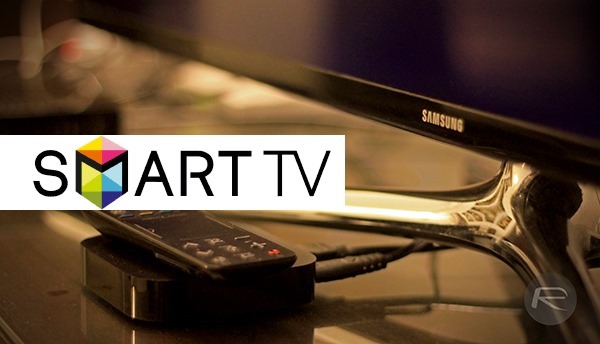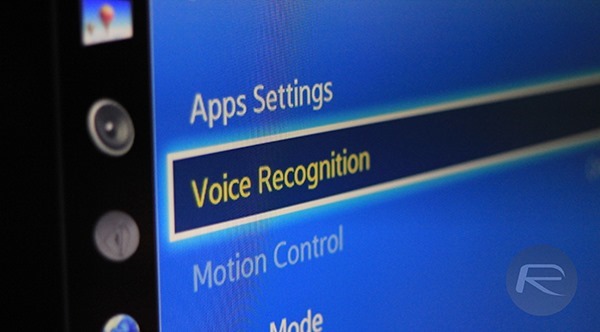A few days back, it emerged that the voice recognition feature found in many Samsung Smart TVs could pick up on any loose chatter and push the remnants of your private conversations through to third parties. It’s not the most shocking invasion of privacy we’ve ever heard, but it’s rather alarming nonetheless, and if you want to know how to prevent your front-room tirades from reaching advertisers, analytics firms and other interested entities, we have a guide below.
The Digital Age has spawned a number of great devices and products. We can entertain ourselves, be more productive, and communicate with others across the globe in an instant. But where the likes of smartphones and computers are forever under the microscope with regard to privacy, televisions seldom make the headlines for such reasons.

This was, of course, until the small print of Samsung’s Smart TV privacy policy came to light, in which the Korean firm notes that "spoken words including personal or other sensitive information [is] captured and transmitted to a third party through your use of Voice Recognition."
There are endless reasons why what you say in front of the box could be valuable. Advertisers, for example, could gauge a general, unadulterated reaction to what they put out, but while marketing is a major component of the digital spectrum, you, as a Samsung Smart TV owner, might not wish to comply.
Unlike other privacy-related controversies, though, there’s an easy way to prevent your discussion about what to cook for dinner reaches Samsung and its sponsored cronies. The day when you’re contemplating a meal decision and your Smart TV instantly bombards you with food ads doesn’t seem to far away, but thankfully, you can avoid leaking the details of your idle chat by following the steps below.
Step 1: Pick up your Smart TV remote, hit the Menu button, and scroll to Settings > Smart Features.
Step 2: Next, navigate down to Voice Recognition, and disable it.

Profit! You can enjoy your Breaking Bad or Better Call Saul in peace, safe in the knowledge that Samsung isn’t listening in and beaming your conversations elsewhere.
The only real downside is that Voice Recognition is completely disabled, meaning you won’t be able to use it at all.
It’s a small price to pay, though, particularly given that the feature isn’t all that refined.
You can follow us on Twitter, add us to your circle on Google+ or like our Facebook page to keep yourself updated on all the latest from Microsoft, Google, Apple and the web.

